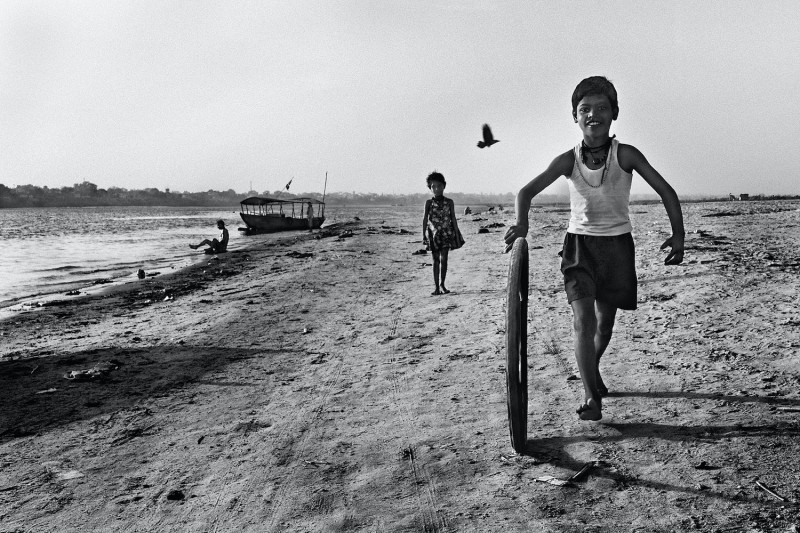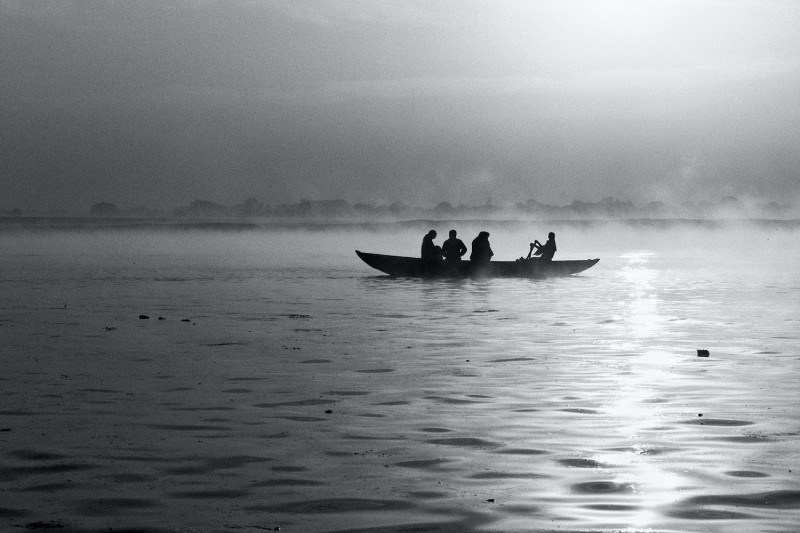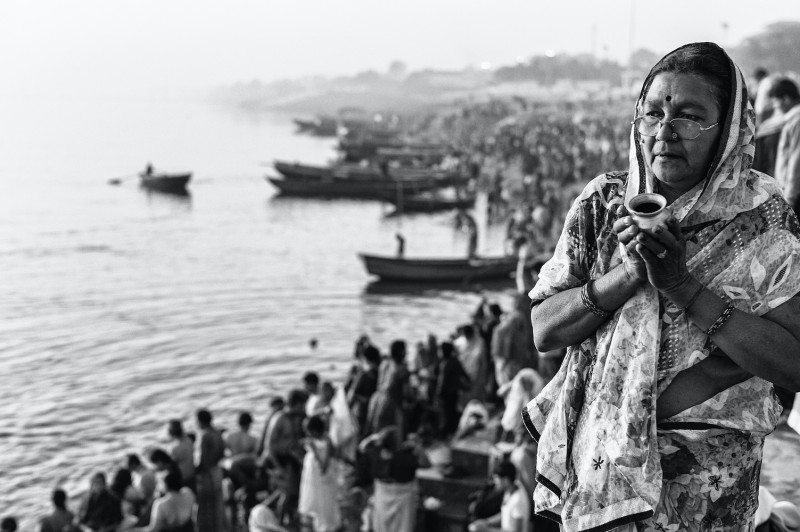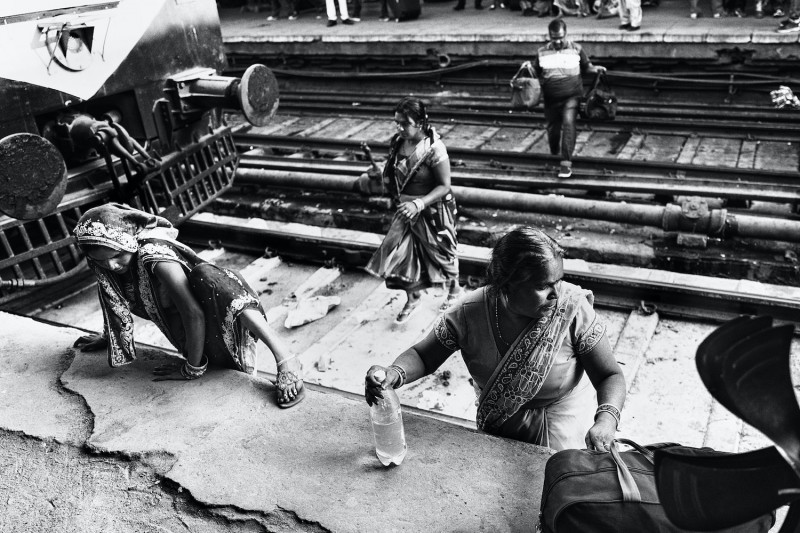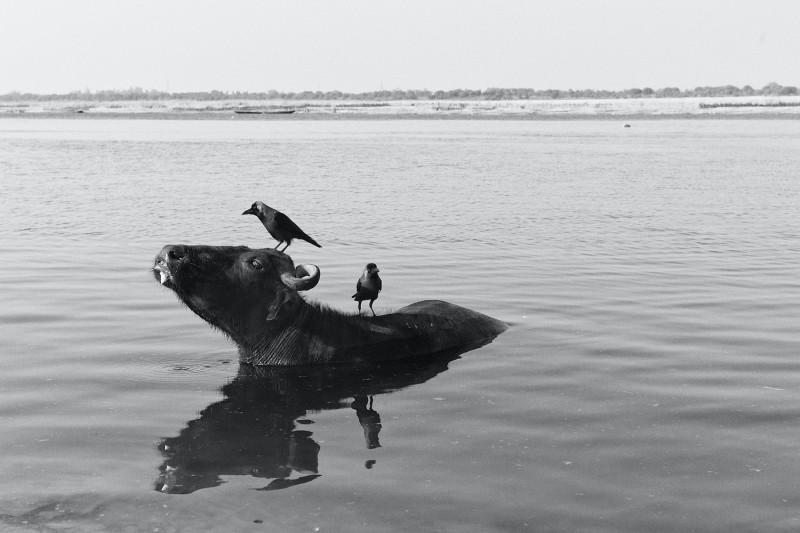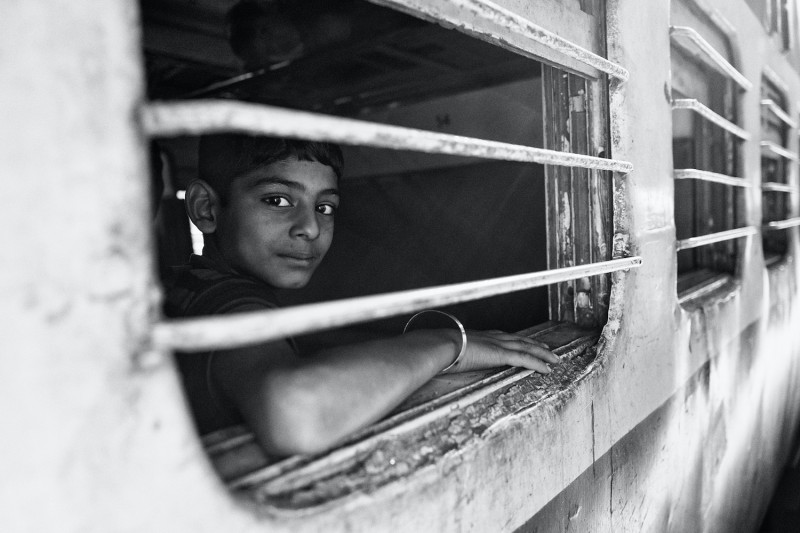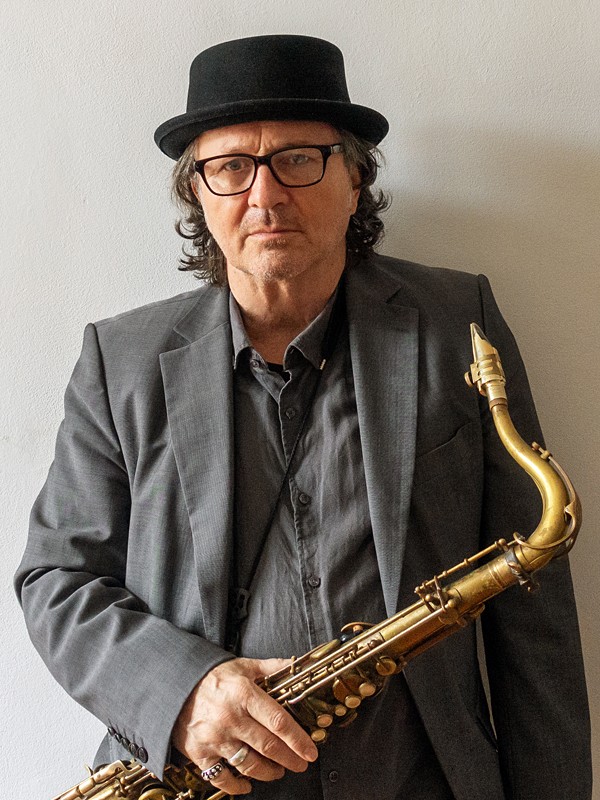The Poetry of India
The Poetry of India
Johannes Barthelmes
June 18, 2021
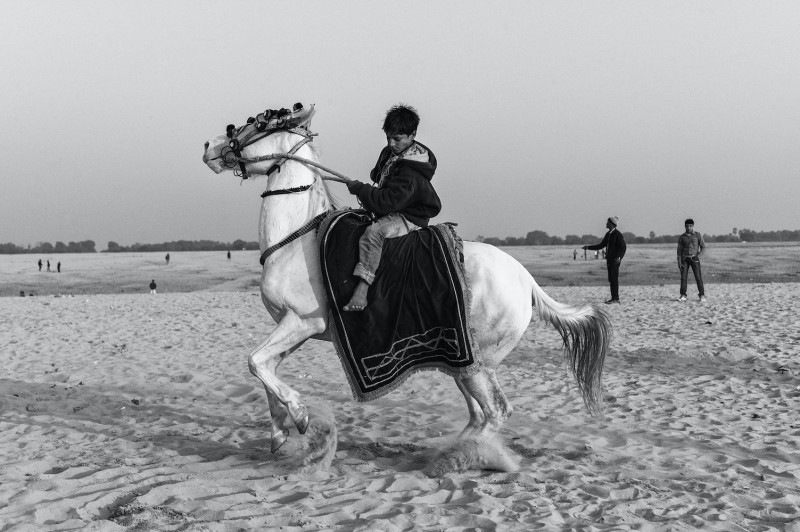
LFI: It was, in fact, music that brought you to photography. How did it happen?
Johannes Barthelmes: Over 20 years ago, I had to say farewell to music for health reasons. This was incredibly difficult for me. In that sense, you could say that photography saved my life – because an existence without being able to live my creativity was unimaginable for me. So, after touring extensively in Southeast Asia, and being inspired, above all, by the intense impressions left behind in me by Vietnam, I decided to give photography a special place in my life. Right from the start, I was clear about wanting to photograph people. As a musician, I'd seen a lot of the world, and I was fascinated by the fact that every face I looked into seemed familiar, as if I knew them...
Your pictures were taken in India. What did you want to show?
India has so many secrets, and over time I've discovered a few of them. India is a place of absolute extremes. There are the most amazing fragrances and the worst stenches; there is unimaginable wealth and the most bitter poverty. I saw the most beautiful and the ugliest; I experienced great spirituality and the most rampant materialism. In India, people are often reduced to what they are; and I want to show that which makes a person.
Asia is normally known in particular for its splendid colours; you chose to photograph in black and white...
I prefer black and white photography over colour. It is, per se, already a step towards abstraction, because reality is colourful; and it is also a step towards reduction. I consider the art of reduction as a possibility to shape events even more closely to my point of view. Furthermore, with all the marvellous colours in India, colour photography can easily become gimmicky.
What camera did you use for the pictures, and how did it work out for your series?
The pictures shown here were taken between 2009 and 2018. I photographed with equipment that changed over the years: a Leica M8, a Leica M9, a Leica Q. The lenses I used were the Leica-Summarit-M 35mm f/2,5; Leica-Summarit-M 50mm f/2,5; Leica-Summarit-M 75mm f/2,5; and Leica-Summicron-M 28mm f/2 ASPH. The Leica M, paired with the Summilux, and the Leica Q give me extraordinary image quality. Furthermore, because they are small and discrete devices, I had the well-known experience where the protagonists don't feel alienated or imposed upon, as often happens if there's a big bulky piece of equipment in front of the photographer's face. I have both Leicas on me when I'm working; and I often forget about them, because they sort of cling snugly, invisible under my jacket.
What do music and photography have in common?
I consider that jazz has the same significance for the history of music, as street photography has for the history of photography. I see street photography as the jazz of classic photography: taking quick decisions, working intuitively and anticipating; and, despite the quick creation – I mean, that's what improvisation is – delivering a successful composition. (Interview: Katja Hübner)
All images on this page: © Johannes Barthelmes
Johannes Barthelmes+-
Johannes Barthelmes is a photographer and musician, who sees the two art forms as different and beautiful ways of reaching the same goal. Born in Speyer in 1953, he has been living in Berlin since 1980. After a break in music for health reasons, he was led to photography in 1998. Since then, he has been working with various Leica cameras – the choice of Leica being an absolute conviction. Right from the start, he wanted to primarily photograph people. His exhibitions have taken him to Spain, Cuba, Malaysia and India. He has been making music again since last year – inspired by the musicality of the Cuban people. More

